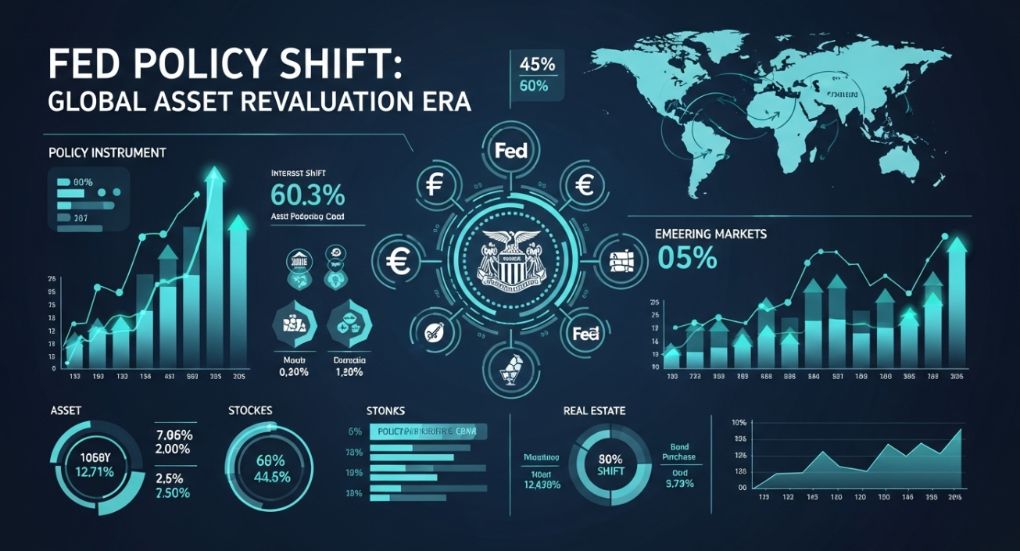Media companies are working to devise strategies against “Google Zero,” a potential plunge in web traffic linked to Google’s new features, which already have executives on edge.
Following their US launch, Google’s AI tools recently debuted in the UK, raising more concerns among publishers that an existing referral drop may worsen. Google’s new AI mode extends the function of its AI Overviews — summaries that often remove the need to click into source pages.
50% of media firms saw a drop in search-driven traffic
Immediate Media’s chief executive, Sean Cornwell, admitted that AI Overviews have already taken a toll on his company, reflecting a worry shared across the industry. He warned that AI is advancing quickly and thus believes drop-offs will only accelerate in the next few years.
Enders and the Professional Publishers Association disclosed that media companies were deprived of visibility and value in May, as their content is used without fair compensation . Per its report, roughly half of media firms had seen a drop in search-driven traffic over the past year. It further attributed AI Overviews to cutting into publishers’ traffic, noting that 80% of users rely on “zero-click searches” for at least two out of every five queries.
According to recent research by Pew and Authoritas, Google users clicked on fewer links when AI summaries were present in search results. The tech giant, however, responded by criticizing the studies, saying they were based on “fundamental flaws” in methodology.
Another survey conducted by Digital Content Next, the US media industry group, showed that in May and June, median referral traffic from Google Search to premium publishers had declined by 10% compared with the corresponding period last year.
Moreover, according to Sajeeda Merali, chief executive of the Professional Publishers Association, some publishers that count on Google to drive readers to their content have already seen a decline in UK “click-throughs” since the arrival of AI Overviews.
Merali also argued that AI Mode and Overviews are absorbing some of the traffic lifestyle publishers once drew from guidance-driven content — for example, recommendations or gardening tips. According to the PPA, one automotive publisher saw a 25% fall in traffic to first-ranked articles, despite enjoying a 7% gain in search visibility.
She remarked, “Given the tool is offering fewer links, I think that can only be a bad thing [for publishers]. AI Mode is just an extension of the problem.”
Nonetheless, People Inc. chief executive Neil Vogel, who heads America’s biggest digital and print publisher, described “Google Zero” as the company’s guiding strategy in shaping future plans for how readers will reach its journalism. He further noted that Google search referrals had been declining for years, falling from about 65% to close to 30% of traffic even before the launch of AI Overviews and AI Mode.
Google stated that cumulative organic clicks from Search have remained stable
According to participants, Google told publishers in a July meeting that search referrals from AI Overview pages were “higher quality,” since those users typically spent more time on-site. Then again, this month, the tech giant claimed that total organic clicks from Search have held steady over the past year, with users showing deeper engagement.
Liz Reid, head of Google Search, commented, “While overall traffic to sites is relatively stable, the web is vast, and user trends are shifting traffic to different sites, resulting in decreased traffic to some sites and increased traffic to others.”
Nonetheless, publishers are preparing for a future less dependent on Google, whatever the eventual impact of Overviews and AI Mode. Piers North, who leads Reach, told reporters that change is underway in how search traffic operates. He said his company is conscious of the need to adapt to “Google Zero,” or a future that contrasts sharply with the search-centric system that has shaped online content for the last 25 years.
If you're reading this, you’re already ahead. Stay there with our newsletter .



